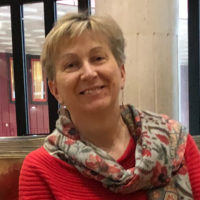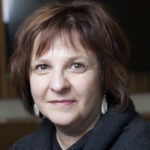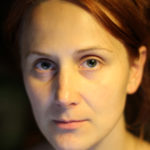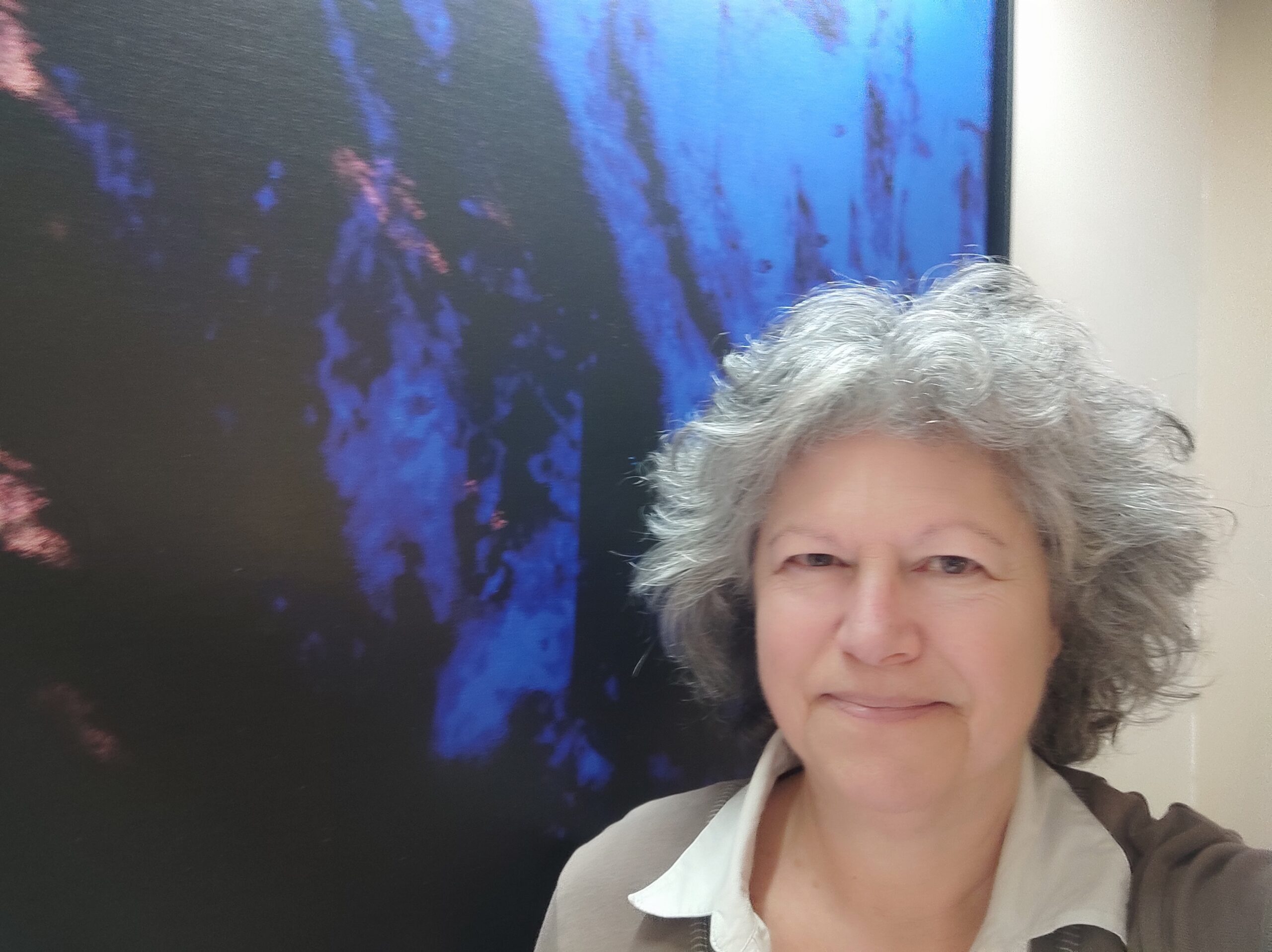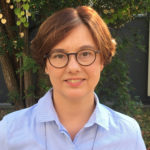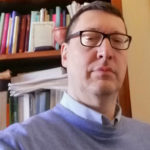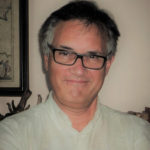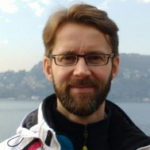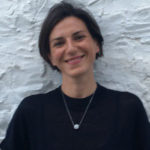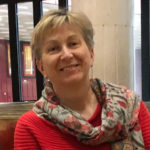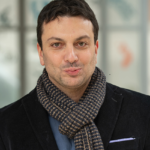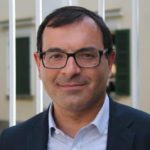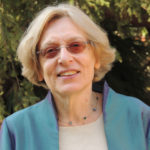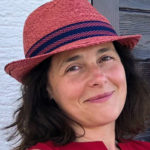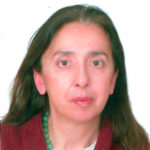The Mediterranean is here envisaged simultaneously as an actual crossroads of people and ideas, a medium of exchange, translocation, and communication, and as an idea central to early modern and modern cosmographies, dividing and bringing together different religious traditions and cultures.
The Ideas in Motion WG aims at analysing the intellectual, religious, and artistic networks which can be observed in and around the Mediterranean world in the period under consideration. The Work Group will study how the movement of people impacts the movement of ideas, as well as the ways in which the movement of ideas conversely affects the various religious and political communities that define the Mediterranean world.
The Ideas in Motion Work Group aims at rethinking fundamental assumptions about the entangled histories of Mediterranean people, religions, and cultures. Case studies focusing on specific actors (travellers, explorers, merchants, missionaries, slaves, scholars, artists, refugees, diplomats, and sailors) and material archives (texts, images, manuscripts, letters, maps, and other mediums of communication) that define that history will shed new light on the various forms of cultural transfer, translation, and appropriation that have fashioned the Mediterranean world and its real or imagined communities and geographies.
This group will consider the following questions:
- What forms of cultural transfer, translation, and appropriation have fashioned the Mediterranean world, and its real – or imagined – communities and geographies?
- How do emotional experiences, feelings of exile, distance, and displacement, challenge traditional modes of thinking or religious traditions; how do they transform cultural perceptions and impact the history of ideas?
- How can emotions (fears, anxieties) bring communities together?
A total of four Workshops, one Training School, and one International Conference are planned.
Our first Workshop in Geneva (March 2020) will focus on ‘Fear: Emotion, and Migration in the Early Modern Age’. This Workshop will be followed by a public round-table on ‘Fear and Strangers in Early Modern Europe’, scheduled as part of the Histoire et Cité Festival in Geneva. The Festival is dedicated to the topic of ‘Fear’ throughout ages. A second workshop on ‘Thinking the Mediterranean: Communities and Identities’ will take place in 2021; a third one on ‘Distance: Movement and the Shaping of Ideas’ is scheduled in 2022, and a final workshop on ‘Space: Mediterranean Ideas and Ideas of the Mediterranean’ in 2023.
An international conference scheduled in 2022 will consider ‘Transfer and Translation: Knowledge in Motion in the Mediterranean World’.
The training school will focus on ‘The Body of Ideas: Languages and Images’. It is scheduled to take place in Cambridge in 2021. This summer school aims at exploring the relation of ideas, iconography, and images.
Scientific outputs: An edited collection is planned as the major outcome of the workshop series and conference; peer reviewed special journal issues.
Societal contributions: The Ideas Work Group will contribute a blog to the PIMo website. In this blog participants of the Work Group and invited collaborators will contribute papers on case studies of topics under discussion in the workshops, with images, artistic contributions, short films etc. We will also publish a podcast, including interviews on the topic of fear, anger and migrations by prominent academic experts, artists and sociologists present at the workshop and at the Work Group activities.
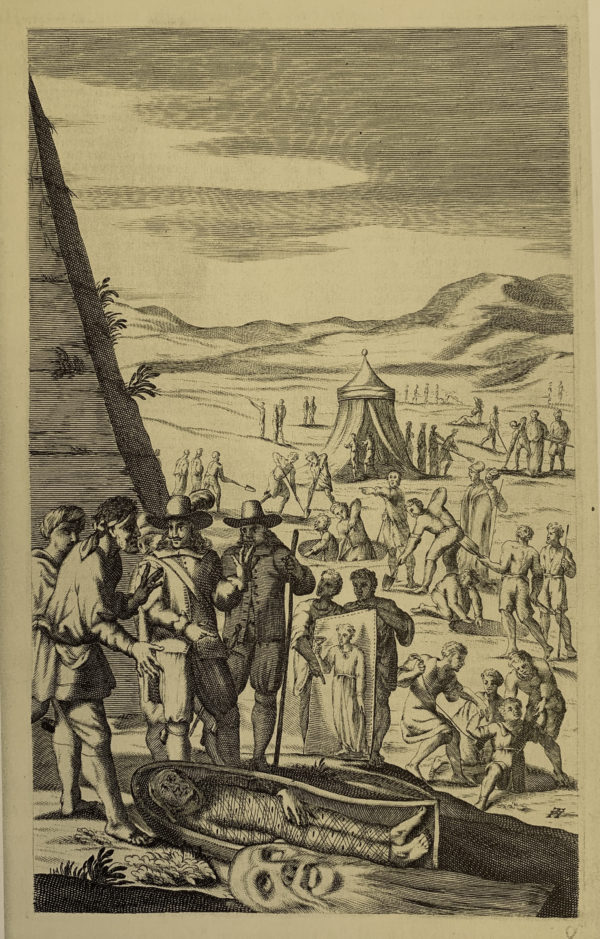
Visiting an excavation and acquiring mummies at the
ancient burial ground of Saqqara in Egypt
Description
Full page illustration in
Pietro della Valle, Eines vornehmen Römischen Patritii Reiss-Beschreibung in unterschiedliche
Theile der Welt : Nemlich In Türckey/ Egypten/ Palestina/ Persien/ Ost-Indien/ und andere
weit entlegene Landschafften … : Samt Einer außführlichen Erzehlung aller Denck- und
Merckwürdigster Sachen/ so darinnen zu finden und anzutreffen; Nebenst den Sitten/ und
Gebräuchen dieser Nationen und anderen Dingen … / Erstlich von dem Authore selbst/ der
diese Reisen gethan/ in Italianischer Sprach beschrieben/ und in vier- und fünfftzig Send-
Schreiben in vier Theile verfasset: Nachgehends auss dieser in die Frantzösische und Holländische;
Anjetzo aber auß dem Original in die Hoch-Teutsche Sprach übersetzet/ mit schönen Kupfferen
geziert/ und vieren wohlanständigen Registern versehen, Geneva, Johann Hermann
Widerhold, 1674. (First German edition, in 4°)
© Della Valle, Pietro: Petri Della Valle, Eines vornehmen Römischen Patritii Reiss-
Beschreibung in unterschiedliche Theile der Welt : Nemlich In Türckey/ Egypten/
Palestina/ Persien/ Ost-Indien/ und andere weit entlegene Landschafften … : Samt
Einer außführlichen Erzehlung aller Denck- […]. Getruckt zu Genff : In Verlegung
Johann-Herman Widerholds, M. DC. LXXIV. Zentralbibliothek Zürich, NR 72 |
G, https://doi.org/10.3931/e-rara-56694 / Public Domain Mark
Date
1674
Engraving
Comment
The Roman patrician Pietro della Valle (1586-1652), an erudite man, composer and
collector of books, plants and objects, traveled extensively in the Holy Land, the
Middle East, North Africa and India in the first decades of the 17th century. He
embarked for the Holy Land from Venice in June 1614, sailing to in Istanbul.
During his stay of one year in the Ottoman capital, he studied Turkish, Arabic,
Persian, as well as Hebrew. Della Valle then set forth his voyage to Rhodes,
Alexandria, Rosetta, Cairo, crossing the Sinai desert to Jerusalem, Damascus and
Aleppo. From there he proceeded to Isfahan. By way of India he sailed for Muscat
in January 1623, from where crossed the Arabian Gulf to Basra, continuing
overland to Aleppo, arriving in Europe in 1626.
His detailed epistolary diary to a friend, the Neapolitan professor of medicine and
Arabic scholar Mario Schipano, testifies to della Valle’s broad interests, to his
continuous observations, to his many folded conversations and contacts during his
long travel. These letters were subsequently edited and published in Rome with
Vitale Mascardi in three parts (the first volume in 1650, the second and third after
the death of della Valle, in 1658 and 1663 respectively). The Viaggi, were soon
thereafter translated into various languages. Some editions, such as the German
one, published in Geneva in 1674, contain fascinating illustrations inspired by della
Valle’s rich and lively descriptions.


